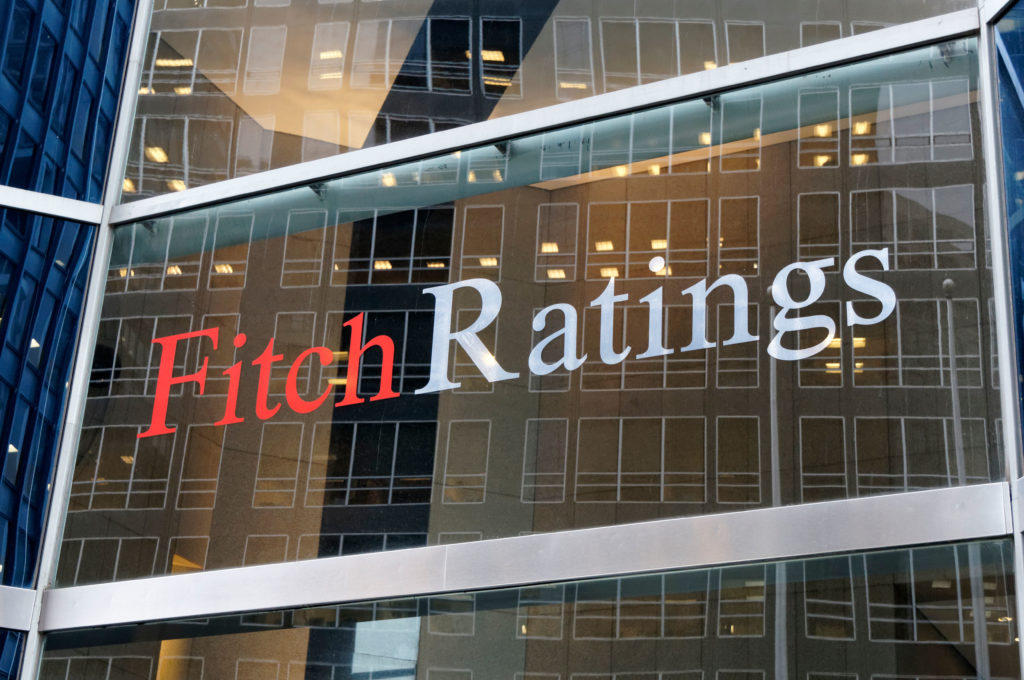BAKU
Fitch Ratings has affirmed Azerbaijan’s Mortgage and Credit Guarantee Fund long-term foreign- and local-currency Issuer Default Ratings (IDRs) at ‘BB+’ with a Stable outlook.
“The affirmation reflects Fitch’s unchanged view on the fund’s strong link with the Republic of Azerbaijan (BB+/Stable) and the fund’s strategic importance in the provision of affordable housing and development of the business environment by facilitating financing to small and medium enterprises (SMEs),” Fitch said in a report.
Under its Government-Related Entities (GRE) criteria, Fitch applied a top-down approach and views the government’s ability and willingness to provide support to the fund as very high.
Based on the assessment of the strength of linkage and incentive to support, Fitch equalised the fund’s IDRs with those of Azerbaijan, irrespective of the fund’s Standalone Credit Profile (SCP).
The fund is a special-status organisation and is fully owned by the state. The corporate charter implies a transfer of liabilities to the state in case of the fund’s dissolution. The fund’s operations are tightly controlled by the central government through a trustee board, whose members are appointed by the country’s president. The trustee board approves the fund’s annual borrowings within the limits defined by the government while the Ministry of Finance monitors the fund’s borrowings.
The fund continues to benefit from solid support from the state. For the purpose of social-mortgage funding, it annually receives capital injections from the state, which totalled 161 million manats in 2020. Overall, state support represented nearly 45-50 percent of the fund’s assets as of 2020.
Earlier this month, Fitch Ratings affirmed Azerbaijan’s long-term foreign currency Issuer Default Rating (IDR) at ‘BB+’ with a Stable outlook, supported by the country’s very strong external balance sheet, low public debt and strong financing flexibility from large sovereign wealth fund assets.
Fitch said that the Stable outlook reflected expectations for continued balance sheet strength and reduced risk of a return to war with Armenia, but limited prospects of a significant strengthening of the macro-policy framework or implementation of structural reforms to speed up non-oil diversification.

